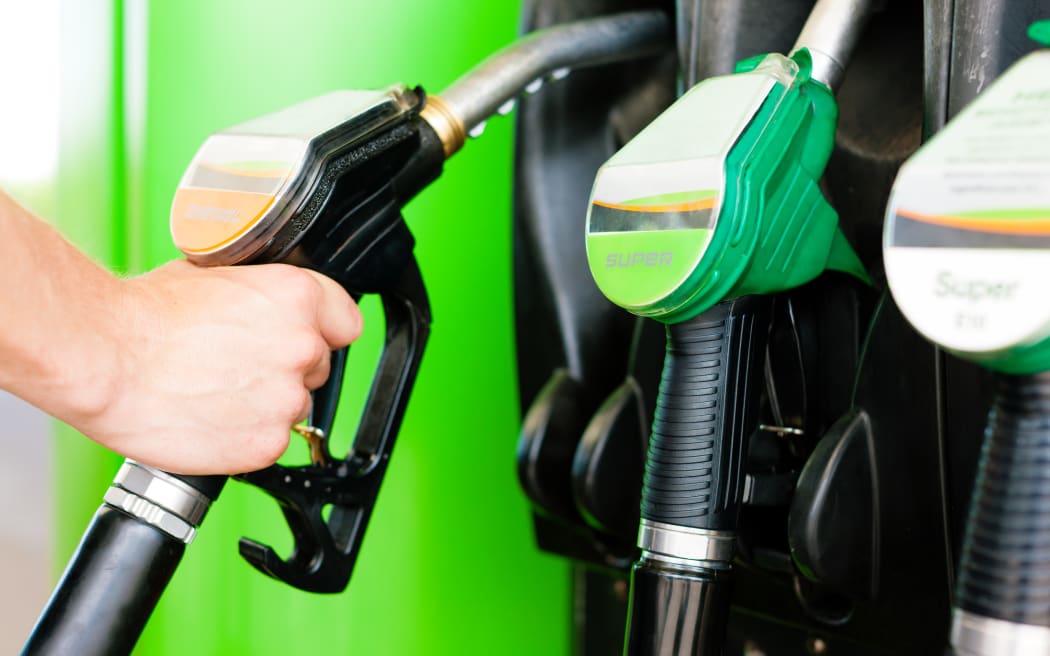The rapidly rising price of diesel is going to put more pressure on household budgets as it filters through into almost every corner of day-to-day life, the Automobile Association says.

Photo: Photo /123RF
Diesel has gone up more than $1.30 per litre in the past year. It is a bigger jump than 91 petrol, which has gone up just over 80 cents a litre. It means in some places the two are rubbing shoulders pricewise.
On Wednesday, prices seen at the pump included $2.94/litre for diesel and $3.11/litre for 91.
AA said the worst was still to come, and it was going to linger.
"What's happened is that post-Covid, the logistics train - all those trucks have started moving, all the parts have started moving. There's been a great demand for diesel," AA principal policy adviser for motoring Terry Collins told Checkpoint.
"It's been exacerbated by the Ukrainian-Russian conflict; Russia was a big exporter of diesel into Europe. Globally demand is exceeding supply. Inventories are about 25 percent below the five-year average, so there [aren't] a lot of fuel stocks available, and that classic supply and demand has driven the prices upward."
In terms of flow-on effects, it was "the works", Collins said.
"For something like food, you need tractors, you need machinery to plant the food. You then need harvesters to harvest it, you need a truck to take it from the farm to the factory to be processed and that processed food goes to the store.
"Every one of those vehicles probably runs on diesel."
He expected fuel prices to get worse, with major banks predicting oil prices could get as high as US$160 a barrel.
"We're currently sitting at about [US$120], and the rough rule of thumb is for every $1/litre a barrel goes up, it's one cent at the pump. So there could well be another 30 to 40 cents a litre added on.
"And of course if it's petrol, the government's got to be concerned about when it puts the fuel excise duty back on, on 15 August. That'll add another 30 cents. So the pain's going to get greater, unfortunately."
Those price rises could soon see 95 petrol at about $4.
Collins said there could be further increases under the Emissions Trading Scheme.
The government faced a very difficult decision with reinstating the fuel excise duty and road user charges, as it could lead to big queues at petrol stations before 15 August, which would put pressure on fuel supply, Collins said.
He believed a gradual move back to regular charges would work best.
"If they don't put it back on at some stage they have to find that money elsewhere. The AA's view is that many of the roads are not maintained to the level that they are, and many of them are not up to the standard that they should be."
If repairs are not funded through those charges, they need to be funded through general taxation or some other way, he told Checkpoint.
Collins did not see fuel prices dropping in the foreseeable future.
"I don't see it happening before the end of the year, and I probably don't see it happening next year as well."

